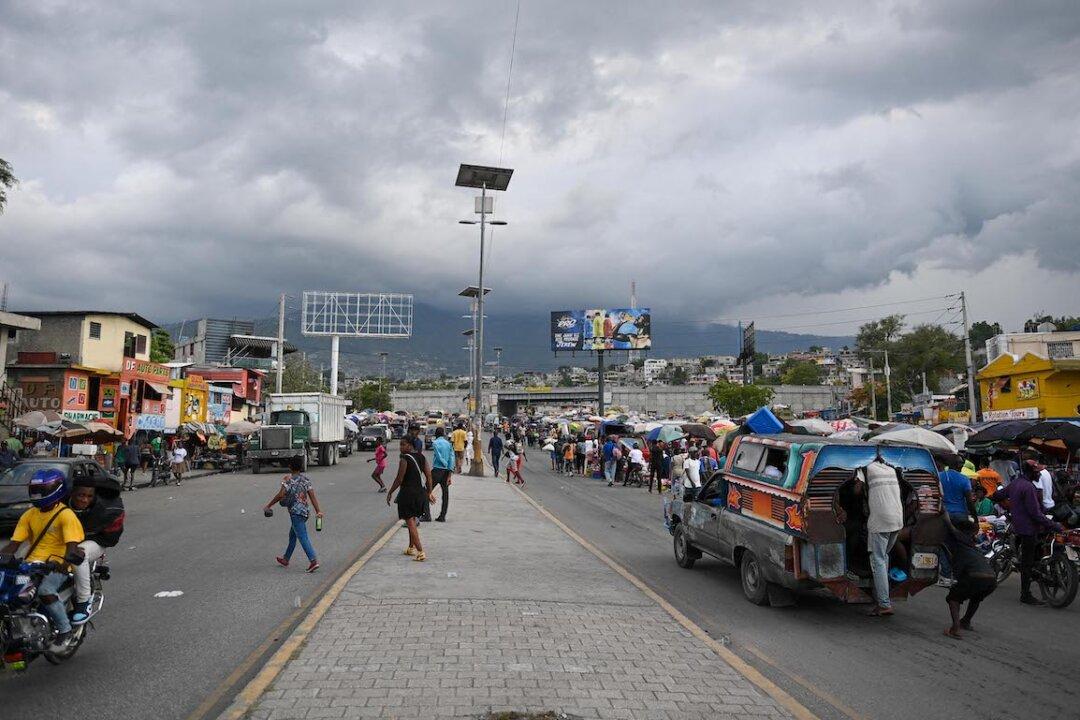The United Nations has called on the international community to accelerate the deployment of a multinational security support mission to Haiti amid a surge in killings and kidnappings in the country.
More than 8,400 people were killed, injured, or kidnapped in Haiti last year, a 122 percent rise from 2022, the United Nations Integrated Office (also known as BINUH) said in a report released on Feb. 2.





